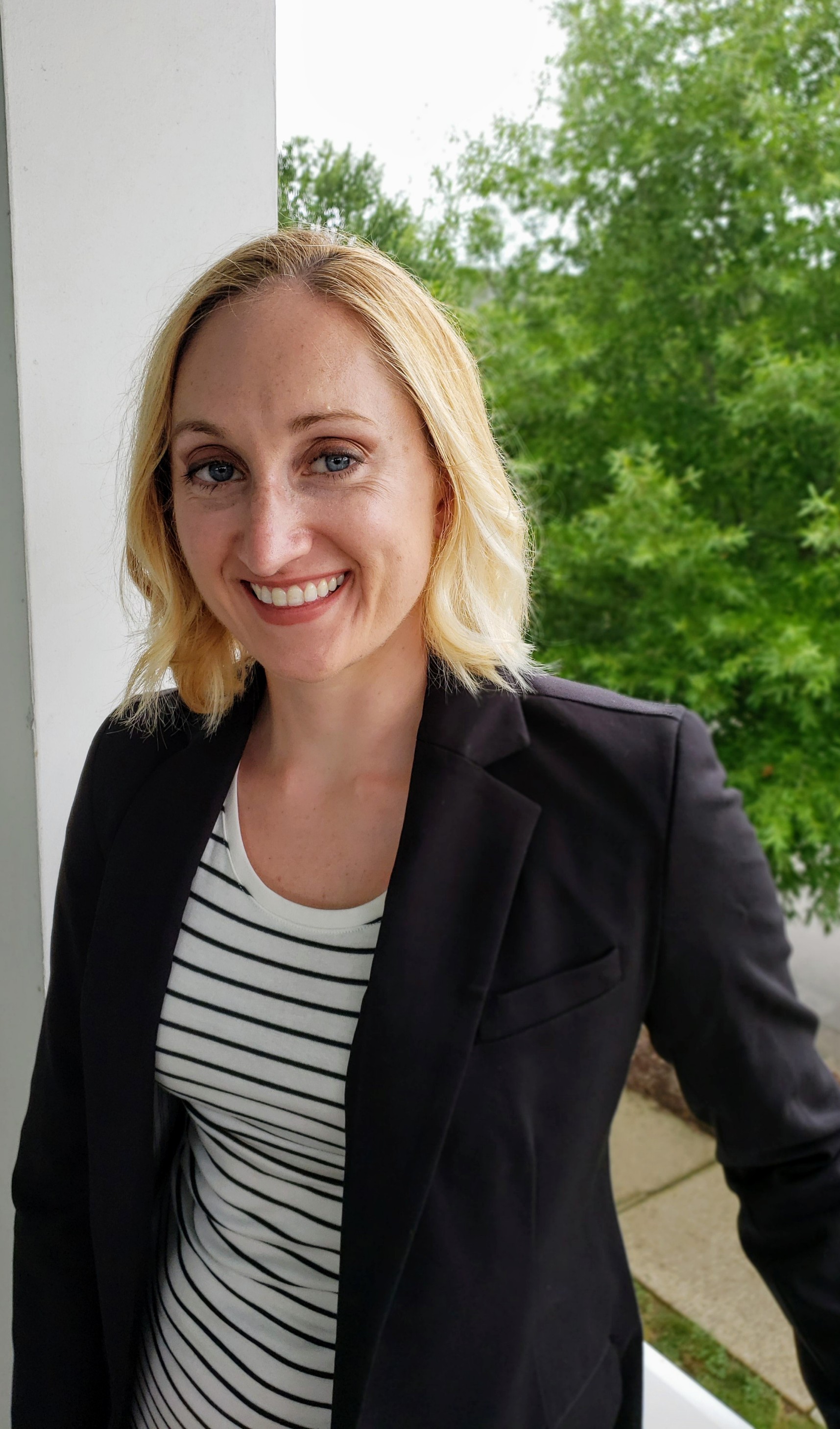
I am an assistant professor of history at Tennessee State University. I teach courses on U.S. history, mass incarceration, migration and community, and the Atlantic World.
Learning is an active process and students have the chance to practice it in my classroom. We avoid single narratives and push past the idea that historians are just storytellers. We use our time together, put simply, to do what historians do. I recognize that if I want them to be historians, I need to lay bare the way historians think and work. My students receive substantial training in analyzing primary and secondary sources every day. Articles, book chapters, online exhibits, and podcasts frequent the class as students learn how historians talk about the past and talk to one another. My goal is that students leaving my classrooms are savvy consumers and producers of history.
My master’s degree in public history and previous work experience in museums and archives has had a tremendous effect on how I think about teaching and learning. That degree program is where I realized that I wanted to pursue a PhD in history to teach, but it’s also where I realized the value in hands-on learning. Students in my courses have opportunities to take their work outside the classroom by writing op-eds, conducting oral histories, and creating digital exhibits.
My own research centers on labor history, and my current project asks questions about the circus as a workplace. The project explores the history of transnational circus laborers, their roles in a shifting workplace, and their agency and its limits around the world.
I am an assistant professor of history at Tennessee State University. I teach courses on U.S. history, mass incarceration, migration and community, and the Atlantic World.
Learning is an active process and students have the chance to practice it in my classroom. We avoid single narratives and push past the idea that historians are just storytellers. We use our time together, put simply, to do what historians do. I recognize that if I want them to be historians, I need to lay bare the way historians think and work. My students receive substantial training in analyzing primary and secondary sources every day. Articles, book chapters, online exhibits, and podcasts frequent the class as students learn how historians talk about the past and talk to one another. My goal is that students leaving my classrooms are savvy consumers and producers of history.
My master’s degree in public history and previous work experience in museums and archives has had a tremendous effect on how I think about teaching and learning. That degree program is where I realized that I wanted to pursue a PhD in history to teach, but it’s also where I realized the value in hands-on learning. Students in my courses have opportunities to take their work outside the classroom by writing op-eds, conducting oral histories, and creating digital exhibits.
My own research centers on labor history, and my current project asks questions about the circus as a workplace. The project explores the history of transnational circus laborers, their roles in a shifting workplace, and their agency and its limits around the world.
